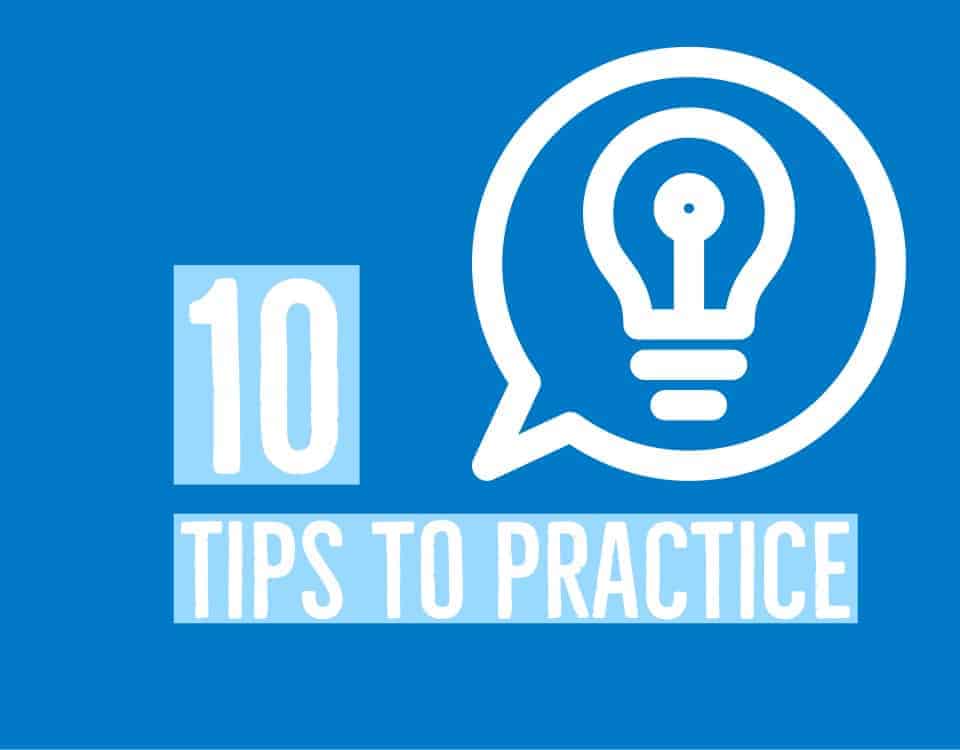10 Tips to practice
A guide to getting the most improvement in the practice room (for all instruments)
by Alex Knutrud

For a long period of time, my students have been always asking me to condense My teaching philosophy into small bullet points and points and individual ideas that they can take directly back to the practice room. I think that giving instruction as a teacher can be motivating, but unless it’s practical for students in their own individual day-to-day, it’s not terribly valuable.
Everybody says that you are your own best teacher, and I believe this to be true, but as your own teacher, your job is to constantly question and analyze how to best teach yourself. That’s the beauty of these 10 points. These are the condensed ideas that I try and impart each of my students with constantly.
Each point doesn’t resonate equally well with everybody, but indeed, these are the 10 points that have helped me the most. I’ve changed them over the years, but in analysis Of my practicing right now, this has been what has been the most helpful.
(Picture taken by Toby Oft)
Tip #1 – Understanding the difference between Motivation, Inspiration and Discipline
Motivation is useless because it’s something everybody loses from time to time. Try to stay inspired by others to strive for betterment, and use discipline of habits as a reliable source of energy as you work day to day for small victories.
Tip #2 – The Value of a Planning Period
Choose one time each week that is sacred. Mine is thirty minutes each Sunday evening. Enjoy a hot beverage and some silence as you plan out your practice for the week.Write things down, and be specific.
Think of this as a cross between a journal and a checklist. If you do this each week, your timein the practice room will be far morefocused.
Tip #3 – The Rule of 4
Every time you practice something, even ifit’s only one note, make sure you play it four times.
The first time, you play it to assess where you stand. The second, you play to experiment/change things to be better. Time three and four are to solidify things you’ve adjusted. This pattern will help you improve quick.
Tip #4 – Tools are only useful if they’re used for the correct job.
A hammer doesn’t help you when you’re holding screws. Don’t just have a metronome or tuner on unless you’re using them actively. Other practice tools in the room are useful as well but only if you’re using them correctly, with care, and mindfully.
Tip #5 – It takes 67 days to form a new habit
Before then, you’re still fighting your body to make a change. Carefully plan out your tools in the practice room. No matter how smart or mindful you are, your body still requires time to change. In fact, it’s scientifically around 67 days to remap your brain. When trying something new, remember to forgive yourself for having to fight to make it work for a little while. Give ideas a fair chance.
